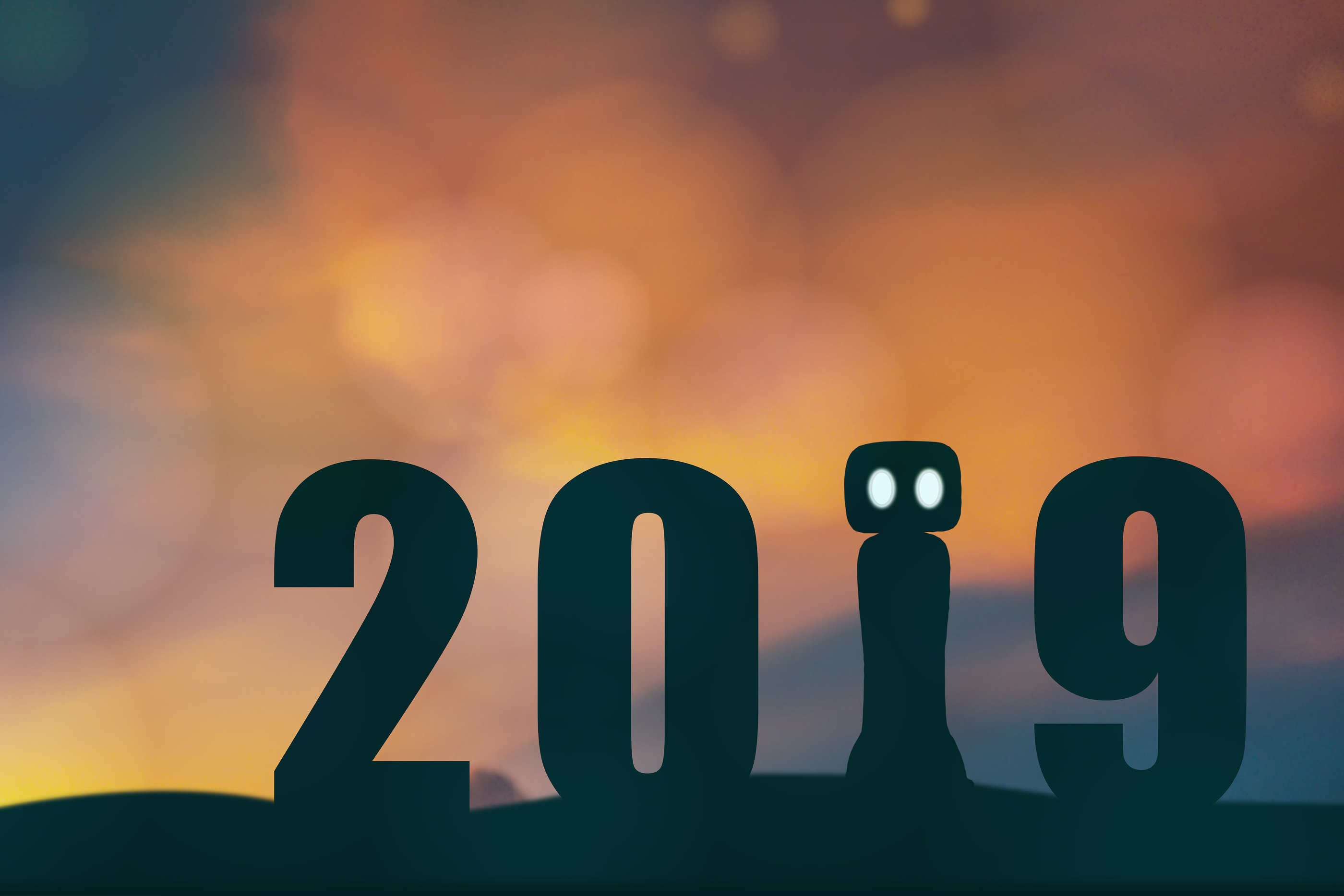
Will Artificial Intelligence (AI) affect our everyday lives and make routine jobs redundant, or will it take a backseat to the creativity of the human mind? There are plenty of opinions on both sides of that argument, but no one truly knows what the future holds.
However, Forbes reports that there are five trends to take note of as we enter 2019.
- Job Changes: Retraining and reskilling workers in this next industrial revolution will be critical, as AI replaces jobs that have redundant tasks. According to a recent McKinsey Global Institute report, by 2030, 375 million workers (roughly 14 percent of the global workforce) may need to switch occupational categories as “digitization, automation and advances in artificial intelligence disrupt the world of work.” Companies must begin instituting continuous training programs now to ensure talent is upskilled enough to take on more advanced work later.
- Increased Efficiency in Logistics: Routine functions like supply chains is one area set for disruption as emerging technologies like robotics, blockchain and AI are leveraged. Amazon has been using robots in its supply chain since 2012, expanding to upwards of 80,000 robots across 25 distribution centers. This equates to a savings of roughly $22 million per year in those facilities. In other words, an estimated 20% reduction to operating costs.
- Client Interaction and Communication: The introduction of AI in the workplace will impact businesses that rely on consistent communication with clients. AI tools and applications that record conversations can help make the sales process more effective with the help of retrospective feedback and analysis for future reference.
- Greater Demand for Data Scientists: Since data is the fuel for every new technology trend, the demand for advanced analysts is expected to grow 28% by 2020 given the predicted proliferation of AI. Those adept at handling large data sets are likely to be most sought after in preparation for AI implementation.
- Medical Breakthroughs: AI’s ability to interact with data helps medical researchers accomplish things many never thought possible. One example is from a study which showed that AI could process medical images to extract relevant information to determine immunotherapy’s effectiveness on a patient to patient basis.
Prep for the New Year
Get your team prepared for the many ways AI may affect your organization in the coming year. IEEE’s Artificial Intelligence and Ethics in Design: Responsible Innovation is a five-course program led by thought leaders in AI, philosophy and policy management fields. Intended for industry professionals, this program focuses on integrating AI and autonomous systems within a product and systems design. Explore this cutting-edge training opportunity with an IEEE Content Specialist today.
Resources
Spangler, Teresa. (29 Nov 2018). Five Big Trends Leveraging Artificial Intelligence To Watch In 2019. Forbes.


True it is that AI is going to make some drastic changes in the near future, and as your article has covered the important 5 trends that will occur, One thing which is pinching me is that Will there be a role of python in upgrading AI or not? can you help me with this?